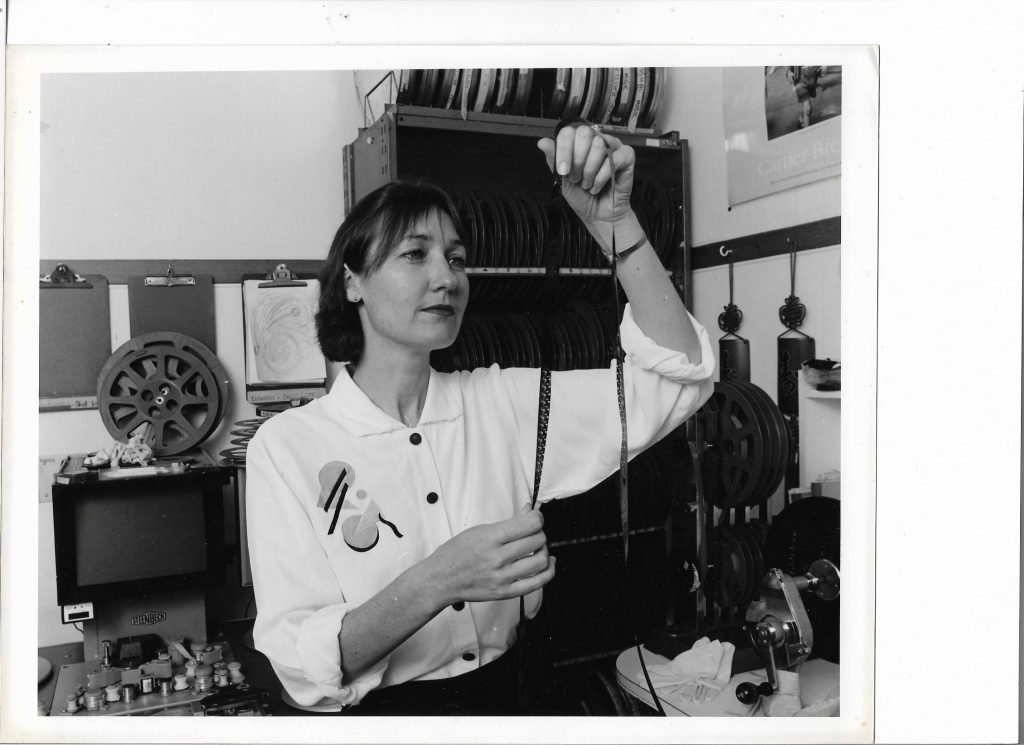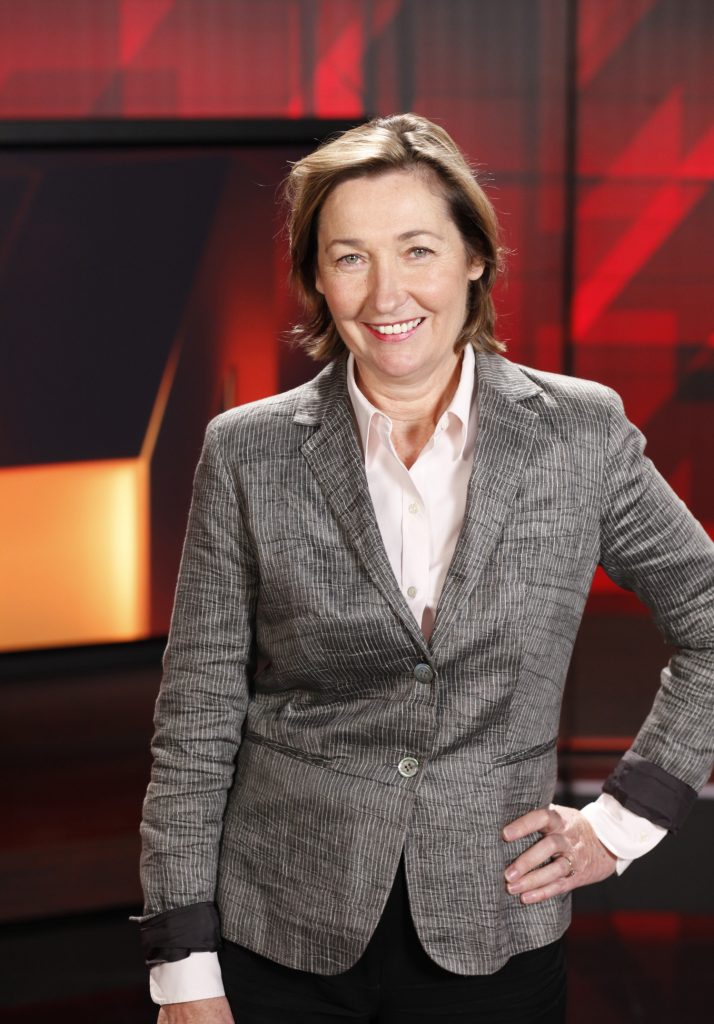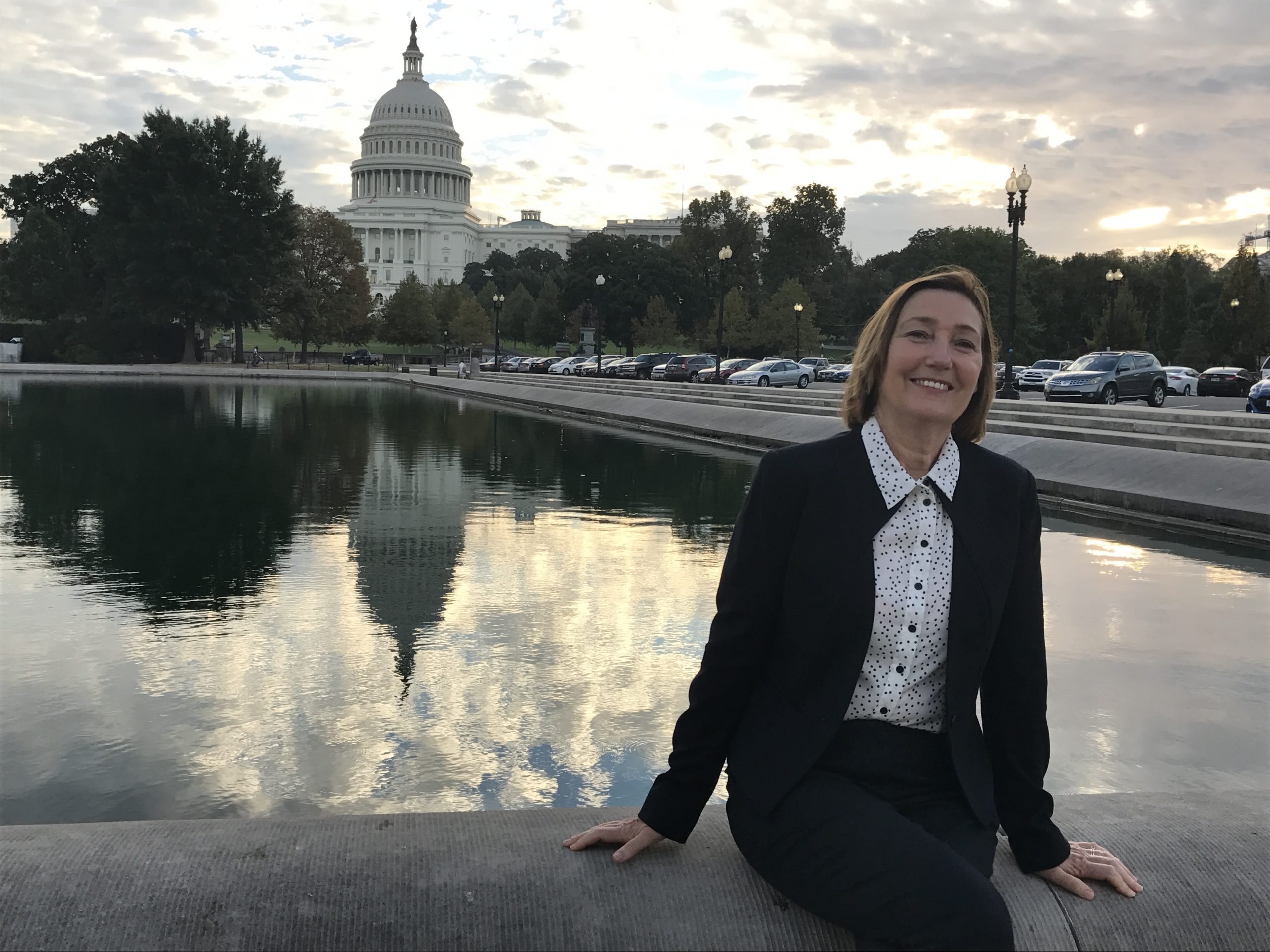
Marian Wilkinson has no doubt about what she wants to concentrate on for the rest of her working career. In 2008, she and her 4 Corners team won both a Eureka Prize and her second Walkley Award for the multimedia climate change report The Tipping Point on the melting of the Arctic Sea ice. Her first Walkley came in 1989 for her part in a report revealing the political manoeuvering behind John Howard’s ousting as parliamentary leader of the Liberal Party. In 2020, her book The Carbon Club examined the power of the fossil fuel industry and its complex relationship with politics, public relations and other powerful businesses.
“I’d been foreign correspondent in Washington for The Sydney Morning Herald and The Age and I came back to Australia in 2005 burnt out after working on the war on terrorism for a few years,” Wilkinson says. “I had some time off, and was asked to do some research for a documentary script on climate change. I went back to the States, started digging, and realised what a huge issue it was – and then the film company decided to drop the project. They said that Kevin Rudd coming into power had changed the picture. Climate denialism was over, and we’d all be moving into a ‘Green Future’.”
As the Green Future faded, and the climate sceptics became more vocal, Wilkinson took on the role as environment editor at the Herald. Later, when she returned to the ABC’s 4 Corners – having worked there after her first stint in Washington for the National Times – she became more and more disturbed.
“There is a certain political mentality, which backs up the industry’s and their related partners’ financial position, that you cannot get rid of coal and gas, and that we must have fossil fuels,” she says.
If anyone can force an industry to question itself, it must surely be Wilkinson. At the University of Queensland, she was part of the original team that founded the first community FM station in Queensland, Radio Station 4ZZZ. Writing for the university paper, she received her first defamation threat, which would stand her in good stead on the road ahead.
 “When I started my journalism career, it was uncommon in the industry to have a degree, but I had majored in history at university,” she says. “If I hadn’t become a journo, I would have been a historian. There’s nothing like a timeline to fill you with joy, and in journalism you spend hours looking to suddenly see that, yes, events are linked. And things click into place.”
“When I started my journalism career, it was uncommon in the industry to have a degree, but I had majored in history at university,” she says. “If I hadn’t become a journo, I would have been a historian. There’s nothing like a timeline to fill you with joy, and in journalism you spend hours looking to suddenly see that, yes, events are linked. And things click into place.”
Working for editors such as Brian Toohey, David Marr and Peter Manning allowed Wilkinson to spread her investigative wings. As her career took off, she segued between mediums – as a reporter and the first female executive producer on 4 Corners, and as a print journalist and deputy editor of the SMH. A high point was being part of the team awarded the 2017 Pulitzer Prize for Explanatory Reporting for the Panama Papers, a collaboration with the International Consortium of Investigative Journalists (ICIJ), which exposed the rogue offshore finance industry.
“Television and print are quite different mediums,” Wilkinson says, “but what I love about print is that 90 per cent of your effort goes into the journalism. The impact of video or television is so powerful, but print, for me, is such a pure form.”
As a seasoned journalist, she enjoys mentoring the next generation. “One of the great pleasures for me about my career has been the coterie of women friends I have,” she says. “My main message to younger journalists is do the best job you can on every story and use all your skills.”
By Candida Baker


